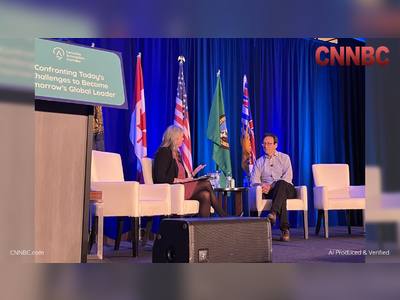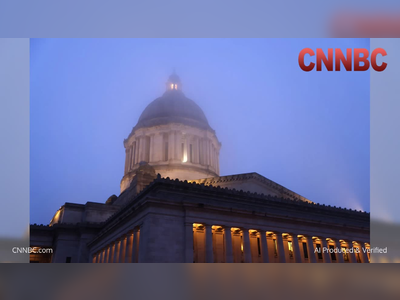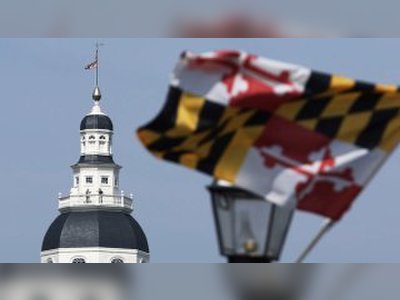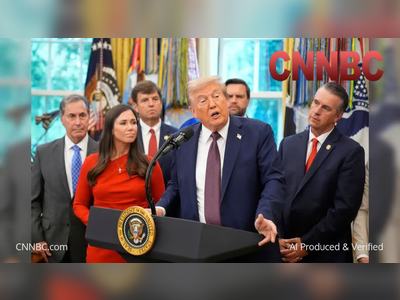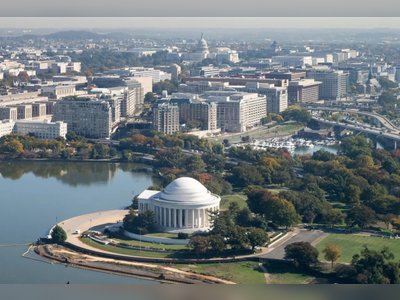Washington State Democrats Explore Income Tax on Millionaires Amid Budget Shortfall
Proposal would target households earning above one million dollars with a nearly ten-percent rate to generate roughly three billion dollars
Democratic lawmakers in Washington state are deliberating the introduction of a new income tax targeting individuals and households earning above US$1 million.
Under the tentative outline, those subject to the tax could be required to pay 9.9 percent on adjusted gross income above the threshold, with credit allowed for state capital-gains tax payments.
The revenue estimate for the measure is approximately US$3 billion annually, based on around 20,000 affected households.
The proposal emerged as state leaders prepare for the 2026 legislative session, where they face a significant operating-budget shortfall.
Washington is one of nine U.S. states that currently do not impose a wage income tax.
Senate Majority Leader Jamie Pedersen stated that various revenue ideas are “being evaluated in various ways,” but added no legislative filing is yet confirmed.
Governor Bob Ferguson, who authorised more than US$9 billion in tax increases earlier this year, expressed scepticism about further tax hikes, noting that “we did raise billions of dollars in revenue earlier this year and I’m skeptical of additional revenue at this time.” The governor said he is aware of the income-tax discussion but has not taken a position.
If advanced, the tax would face significant political and legal hurdles.
Voter initiatives in Washington have repeatedly rejected income taxation of wages, and the state Supreme Court has previously struck down similar levies.
Even proponents acknowledge the measure would not serve as a short-term fix but could establish more sustainable revenue for the future.
House Finance Committee Chair April Berg described the discussion as part of a broader search for options to balance the tax burden more fairly across income brackets.
Business groups express concern that additional tax burdens on the wealthiest residents could undermine economic growth.
Meanwhile, advocates argue that Washington’s reliance on sales and property taxes places a disproportionately high burden on lower- and middle-income households.
As lawmakers weigh their options, the final decisions will depend on revenue forecasts, political dynamics and legal viability heading into the 2026 session.
Under the tentative outline, those subject to the tax could be required to pay 9.9 percent on adjusted gross income above the threshold, with credit allowed for state capital-gains tax payments.
The revenue estimate for the measure is approximately US$3 billion annually, based on around 20,000 affected households.
The proposal emerged as state leaders prepare for the 2026 legislative session, where they face a significant operating-budget shortfall.
Washington is one of nine U.S. states that currently do not impose a wage income tax.
Senate Majority Leader Jamie Pedersen stated that various revenue ideas are “being evaluated in various ways,” but added no legislative filing is yet confirmed.
Governor Bob Ferguson, who authorised more than US$9 billion in tax increases earlier this year, expressed scepticism about further tax hikes, noting that “we did raise billions of dollars in revenue earlier this year and I’m skeptical of additional revenue at this time.” The governor said he is aware of the income-tax discussion but has not taken a position.
If advanced, the tax would face significant political and legal hurdles.
Voter initiatives in Washington have repeatedly rejected income taxation of wages, and the state Supreme Court has previously struck down similar levies.
Even proponents acknowledge the measure would not serve as a short-term fix but could establish more sustainable revenue for the future.
House Finance Committee Chair April Berg described the discussion as part of a broader search for options to balance the tax burden more fairly across income brackets.
Business groups express concern that additional tax burdens on the wealthiest residents could undermine economic growth.
Meanwhile, advocates argue that Washington’s reliance on sales and property taxes places a disproportionately high burden on lower- and middle-income households.
As lawmakers weigh their options, the final decisions will depend on revenue forecasts, political dynamics and legal viability heading into the 2026 session.


